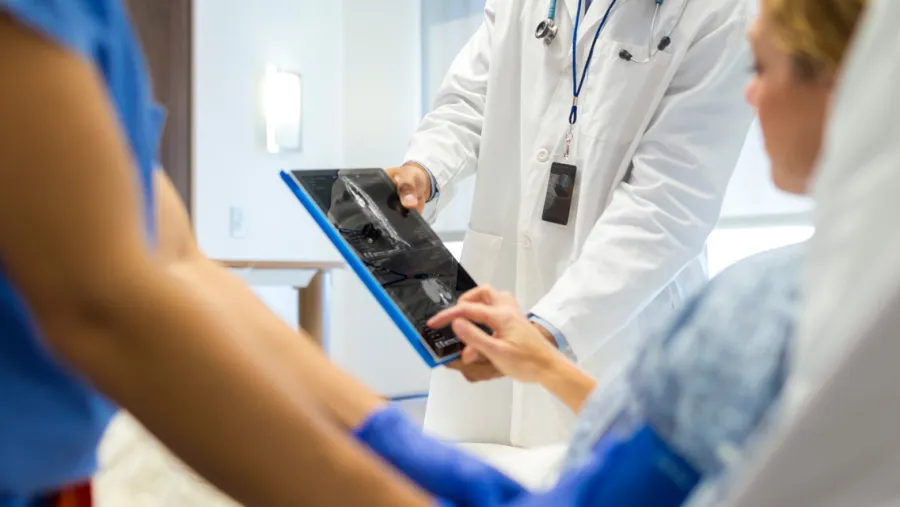
Digital experiences are paving the way to connected healthcare in SEA: VMware
Around 66% of Southeast Asians preferring remote video-call consultations with medical professionals.
Digital-first patient services and experiences are paving the way to Southeast Asia's future healthcare landscape, according to the VMware Digital Frontiers 3.0 study.
The study uncovered Southeast Asian consumers' excitement for digital-enabled healthcare services, with 66% of them saying they prefer remote, video-call in place of face-to-face consultations with medical professionals. With more patients increasingly expecting improved healthcare accessibility, timeliness, and accuracy, emerging digital healthcare innovations such as robotics and telehealth will be pivotal in shaping the future of digital healthcare in Southeast Asia.
However, it showed only 36% of respondents are happy to interact with healthcare services providers digitally. To close the gap and drive digital healthcare adoption, healthcare industry incumbents and new entrants can tap on a more robust digital infrastructure and harness emerging technologies to enable and provide more accurate healthcare services.
"New, immersive healthcare services such as remote medical consultations, wearable devices and supercomputers have redefined the way healthcare organisations and doctors interact with the patients and respond quickly to their needs – regardless of when and where they are. In the race for vaccines and other medical solutions, technology has also played an important role in tracking the spread, managing tests and improving the overall distribution flow," said Singapore country manager Adrian Hia.
Countries such as Singapore are already responding to patients' needs with programmes such as the primary tech-enhanced care (PTEC) initiatives that will enable patient-focused healthcare services.
















 Advertise
Advertise


